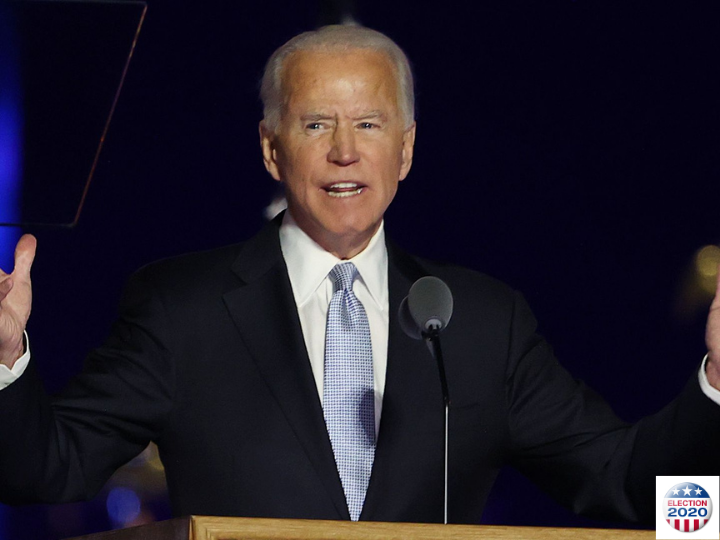by N. Peter Kramer
Last week Joe Biden offered his closing argument with a speech at Warm Springs, Ga., the site of President Franklin Delano Roosevelts death on April 12, 1945. But as Biden wanted to suggest that he likes to follow in the footsteps of FDR, he felt grossly inadequate. The former vice-president speech contained 2.575 words, of which 1.363, 53%, were general talk about uniting the country and so forth. And 754 words, 29%, were devoted to Covid. A mere 88 words, 3% of his remarks, concerned his governing agenda of raising taxes on the wealthy, reforming health care to make it more ‘affordable’ and ‘accessible’ , passing ‘the Biden climate plan’ and addressing ‘systematic racism’.
Biden’s words are in a stark contrast with FDR’s closing address on October 31, 1932. Battling a depression, Roosevelt rallied the country under the banner of ‘Happy Days Are Here Again’. He repeated promises of unemployment relief. Public works and temporary government jobs. In October 1980, Ronald Reagan also preached unity to turn the page on a period of malaise but backed it up with a fairly comprehensive agenda built around tax cuts, a stronger military and a smaller role for the federal government.
The former vice-president undermined his call for unity by launching a four-minute-long assault on President Tump’s handling of the coronavirus. Then he returned to his favourite subject, Trump’s character. The former vice-president is right that unity is essential for America. This theme has been deployed most effectively by candidates combined with a vision for governing.
For Joe Biden, unity is based on only one thing: removing Donald Trump from office. That may well be enough to get the former vice-president in the White House, but it is unlikely to make his time there successful. Platitudes and vague incantations have their place in campaigns, but presidents pay the price.






